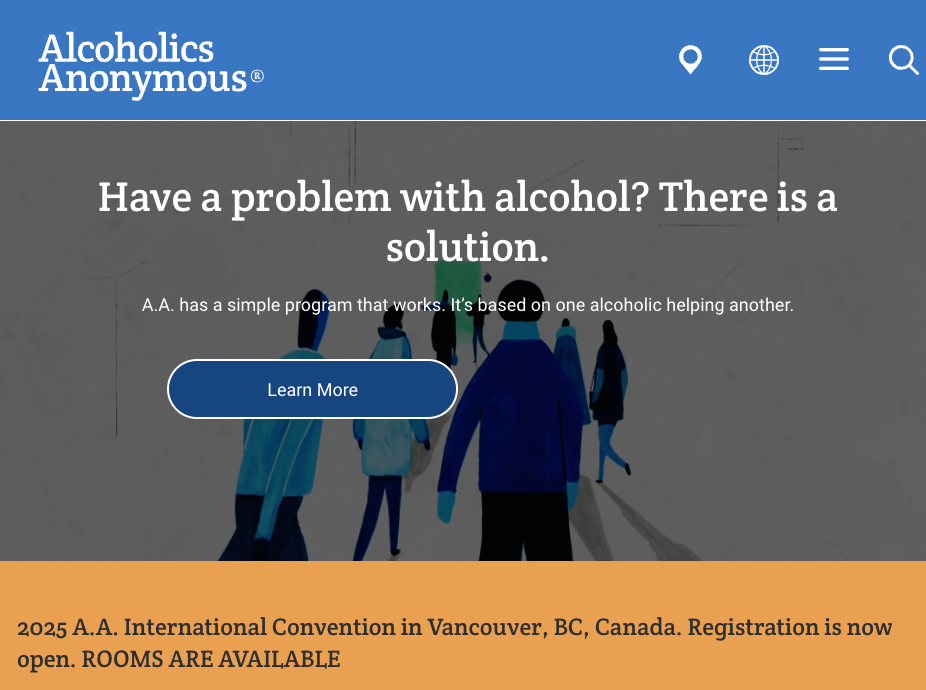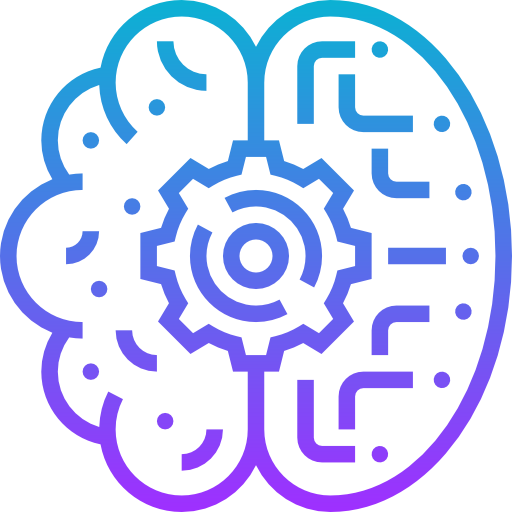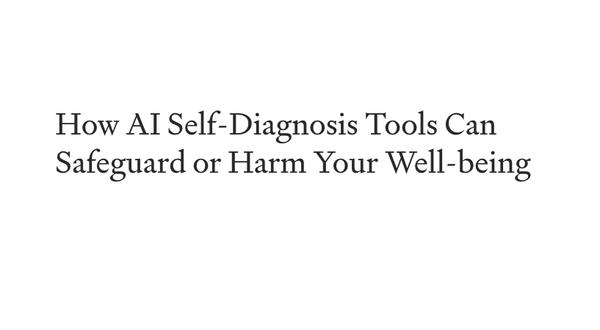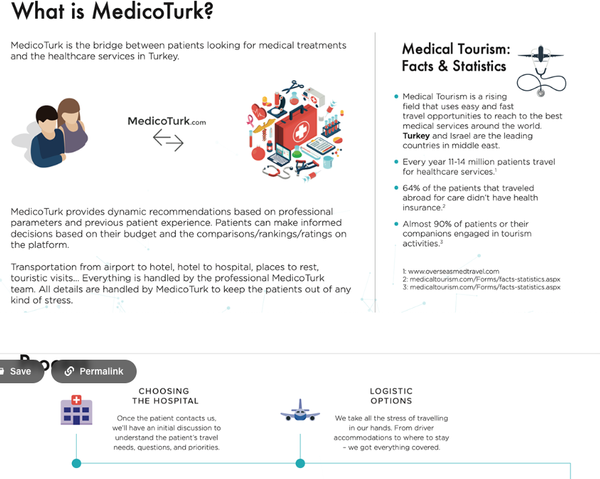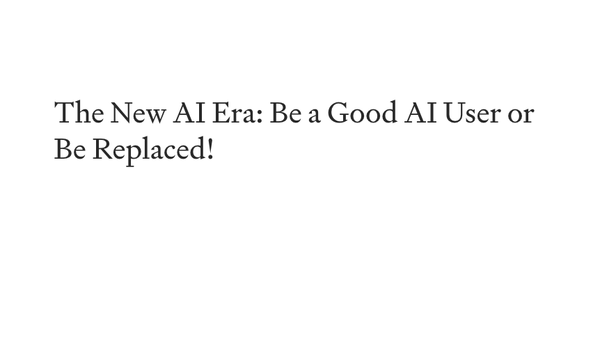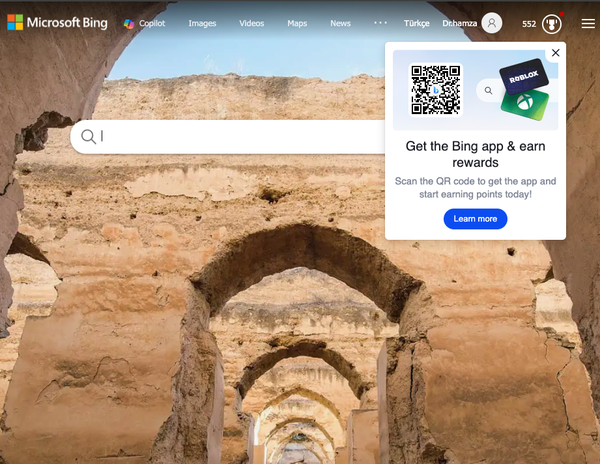How Alcoholics Anonymous Stays True to Its Roots While AI Revolutionizes Addiction Treatment
Table of Content
Alcoholics Anonymous (AA) has been a cornerstone in addiction recovery for nearly 90 years. Its 12-step program, built on peer support and personal accountability, has stood the test of time, helping millions around the world regain control over their lives.
However, as the world embraces advanced medical and technological tools, a question arises: Should AA and similar organizations consider incorporating artificial intelligence (AI)-driven tools into their processes?
The Core Principles of Alcoholics Anonymous
AA’s strength lies in its simplicity and deeply personal approach. It’s free, anonymous, and available globally, offering a safe space where individuals can share their experiences and support each other without fear of judgment.
The 12-step program emphasizes self-improvement, spirituality (interpreted individually), and mutual aid. This people-first method has ensured its longevity and effectiveness.
Yet, in an increasingly digitized world, other addiction recovery initiatives are exploring innovative tools to enhance their services. This evolution begs the question of whether AA can maintain its principles while exploring modern technologies to extend its reach and improve outcomes.
AI’s Role in Addiction Recovery
AI is making waves in healthcare, and addiction treatment is no exception. While AA has not officially embraced AI, other organizations and independent platforms are leveraging it to provide meaningful benefits:
- 24/7 Support: AI chat systems can offer real-time assistance to individuals during moments of vulnerability. Cravings or emotional distress don’t adhere to schedules, and having access to immediate support can be lifesaving.
- Personalized Care: Machine learning algorithms can analyze user data to create tailored recovery plans. By identifying patterns in behavior and triggers, AI tools can recommend personalized coping strategies.
- Bridging Gaps: Many people in remote areas or those hesitant to attend in-person meetings can use AI-driven applications to connect with support networks, providing a bridge where traditional methods may fall short.
- Education and Insights: AI tools can help educate individuals about the science behind addiction, making the recovery journey more informed and empowering.
Emerging Tools in Addiction Recovery
Applications like Marigold and other digital health platforms are setting the stage for a hybrid approach to treatment. These tools combine the best aspects of peer support groups and structured intervention.
Marigold, for instance, uses natural language processing to create a 24/7 support network moderated by certified specialists, much like a digital version of AA meetings.
While these tools aren’t affiliated with AA, they highlight the potential for integrating technology into the recovery process without replacing the human element.

Why NGOs Should Embrace and Regulate AI
Non-governmental organizations (NGOs), especially those involved in addiction treatment, have a unique responsibility to embrace AI-driven tools while ensuring they remain patient-focused and ethical. Here’s why:
- Improved Accessibility: AI tools break down barriers to entry, providing support to individuals who may be unable or unwilling to attend in-person meetings. This inclusivity can save lives.
- Cost Efficiency: Many NGOs operate on limited budgets. AI can automate certain processes, allowing resources to be reallocated to other critical areas.
- Enhanced Monitoring: With AI, clinicians can receive real-time updates on patients’ progress, enabling timely interventions when necessary.
- Fighting Stigma: By adopting AI tools, NGOs can show they are forward-thinking and inclusive, potentially attracting more individuals who might otherwise avoid traditional recovery methods.
A Personal Recommendation
Having worked with organizations that prioritize community health, I strongly believe that NGOs must carefully regulate and embrace AI in their programs. While nothing can replace the empathy and shared experience found in a peer-led group, AI-driven tools can complement these methods, creating a robust, hybrid approach to addiction treatment.
By integrating technology responsibly, AA and similar groups can ensure they remain relevant while honoring their roots. It’s time to take the best of both worlds: the timeless principles of mutual support and the cutting-edge tools of today, to ensure no one battling addiction is left behind.

